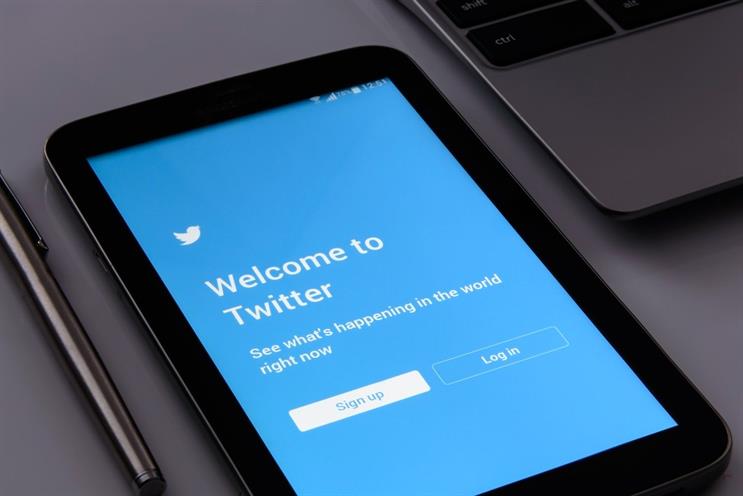Coronavirus is already causing a huge amount of suffering all over the world. Amid all the misery and struggle, it’s inevitable that some will emerge better off than they were before.
Walmart’s stock price just reached a record high. Hand sanitiser makers are obviously doing well. Streaming services, online gaming brands and home workouts are all also reporting significant user upticks. As is social media usage.
As lockdowns and self-isolation become our new reality, people are turning to social networks to fill the gap. And (whisper it quietly) we’re seeing a resurgence in the way people are using social – principally, to connect with others for meaningful human moments, to maintain sanity, for entertainment and to escape the unprecedented craziness around us even for a short time.
It’s the original, better, more fulfilling purpose of social and what it was intended for in the first place, rather than the mass media-driven broadcast medium it has become.
Twitter, in particular, seems to be experiencing a resurgence, not least in the form of the global #stayhomechallenge phenomenon, where users are sharing their ways of staying sane while confined to barracks. #flattenthecurve and #saveworkers, too, have been trending as people turn to social to share their voices, support and hopes.
It makes perfect sense. Twitter is the natural place for people to gather virtually, acting as a one-stop source of up-to-the-minute information and social support, as well as plenty of laughs.
So, from a business perspective, you might forgive Twitter for seeing the positives in this sudden shift in communication, despite the circumstances. Only in January, the company reported , according to We Are Social's Digital 2020 report.
In fact, since co-founder Jack Dorsey returned as chief executive in 2015, Twitter has been largely unprofitable, and it has done little product innovation or much in the way of growing its user base. It has tried to, but even the company itself recently announced it has struggled to deliver on its promises, blaming high staff turnover as a main cause.
Even if coronavirus means more people are using Twitter, Dorsey’s tenure as CEO is still far from certain. Investor Silver Lake has made it clear that Twitter must make radical changes – it’s the only way it can avoid being eclipsed by Facebook.
We are seeing some developments that show Twitter is ready to fight back – , for example. And while that feels like a welcome extension of the natural Twitter experience, there’s more to be done.
To me, the next strategy needs to be identifying Twitter’s strengths. We know that people who use Twitter love it, arguably more so than with other platforms. And Twitter does give back to its community – the improvements it has made recently are about the day-to-day user experience and fighting against misinformation. With the dangers of fake content on social media channels clearer than ever during this public-health crisis, continuing its work here is crucial. Leaning in to this truth, putting users first and building an innovation pipeline from this could be the solution.
For many brands, Twitter is predominantly a customer response channel, meaning there is a disconnect between how it fits into their marketing strategies and how Twitter tries to position itself – which is as a place to launch brands and products. Could the answer lie in more direct brand-conversion possibilities or even an integrated retail function?
It could be fortuitous timing if it were to develop something along these lines. Thousands of businesses are struggling all over the world and some of those most at risk are smaller operations – ones that haven’t yet taken the plunge into digital. Social is such a great way of building brands and driving business – . As these untapped businesses move into social, it would be hugely beneficial if Twitter were there to provide a sales channel.
Everyone rightly loathes a profiteer. But a silver lining is something else – I do hope that Twitter takes this opportunity to shore up its relevance and integrity, and guarantee its long-term health. We love social and Twitter has a huge role to play in improving lives all around the world, in its own way. It would be a tragedy if it wasn’t around to do so.
Benjamin Arnold is managing director of We Are Social New York


